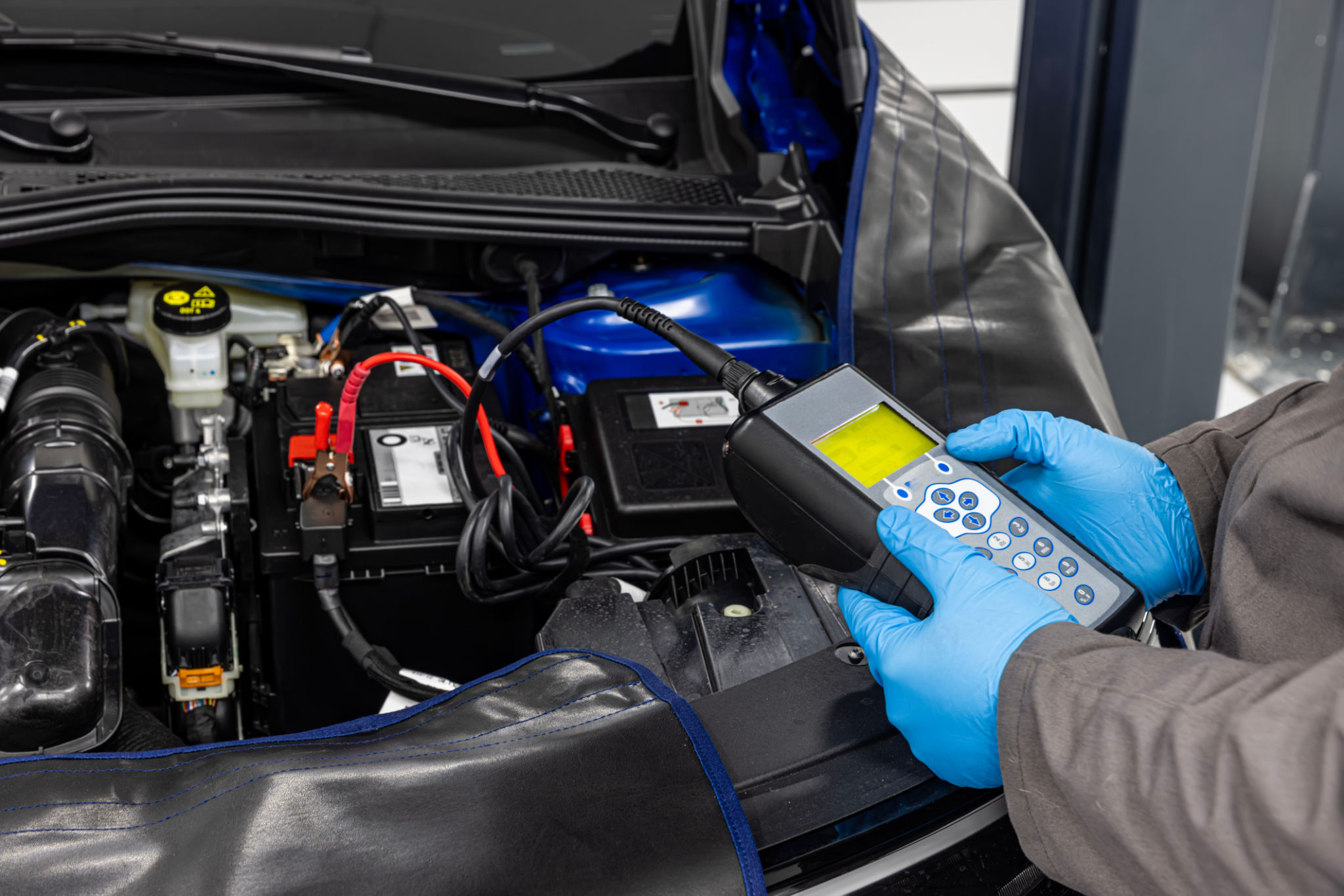Seasonal Car Maintenance: Preparing Your Vehicle for Winter
Why Winter Maintenance Matters
As temperatures start to drop, it's crucial to ensure your vehicle is ready to face winter's challenges. Seasonal car maintenance is not just about preserving the longevity of your vehicle but also about ensuring safety on icy roads. Winter conditions can be harsh, and preparing your car for these changes can prevent breakdowns and accidents.

Inspect Your Tires
Your tires are your vehicle's only contact with the road, making them one of the most critical components to check before winter sets in. Consider switching to winter tires if you live in an area with heavy snowfall. These tires provide better traction and stability on icy surfaces.
Additionally, ensure your tires are properly inflated, as cold weather can cause tire pressure to drop. Check the tread depth and look for any signs of wear or damage. If necessary, rotate your tires to ensure even wear and extend their lifespan.
Check the Battery
Cold weather can significantly impact your car's battery performance. It's essential to test your battery to ensure it's in good working condition. If your battery is more than three years old, consider having it professionally tested or replaced to avoid unexpected failures.
Clean any corrosion from the battery terminals and ensure all connections are secure. A well-maintained battery will provide reliable starts, even on the coldest mornings.

Maintain Fluid Levels
Fluids play a vital role in your vehicle's performance and safety during winter. Start by checking the engine oil level and consider switching to a winter-grade oil if recommended by your vehicle's manufacturer. This oil can flow more easily in cold temperatures, providing better engine protection.
- Antifreeze: Ensure your antifreeze is at the appropriate level and concentration to prevent freezing.
- Windshield Washer Fluid: Switch to a winter formula to avoid freezing on your windshield.
- Brake Fluid: Check for proper levels and top off if necessary.
Inspect Brakes and Lights
Your car's brakes and lights are critical for safe driving during winter. Check the brake pads and rotors for wear and replace them if needed. Good brakes are essential for stopping safely on slippery roads.
Ensure all exterior lights, including headlights, taillights, and turn signals, are functioning correctly. Clear any snow or ice from the lights to maintain visibility during nighttime driving or heavy snowfall.

Prepare an Emergency Kit
No matter how well-prepared your vehicle is, emergencies can still happen. Having an emergency kit in your car can make a significant difference if you find yourself stranded. Consider including the following items:
- Blankets and warm clothing
- Non-perishable snacks and bottled water
- First aid kit
- Flashlight with extra batteries
- Ice scraper and small shovel
- Jumper cables
Protect Your Vehicle's Exterior
Winter weather can take a toll on your vehicle's exterior. Consider waxing your car before the first snowfall to provide an extra layer of protection against road salt and grime. Regularly wash your vehicle throughout the winter to remove salt buildup that can lead to rust and corrosion.
Conclusion: Stay Safe This Winter
By taking these proactive steps, you can ensure your vehicle is ready to tackle winter's challenges head-on. Regular maintenance not only preserves the longevity of your car but also enhances safety for you and your passengers during the colder months. Prioritize these tasks now, so you can enjoy a worry-free winter on the road.

